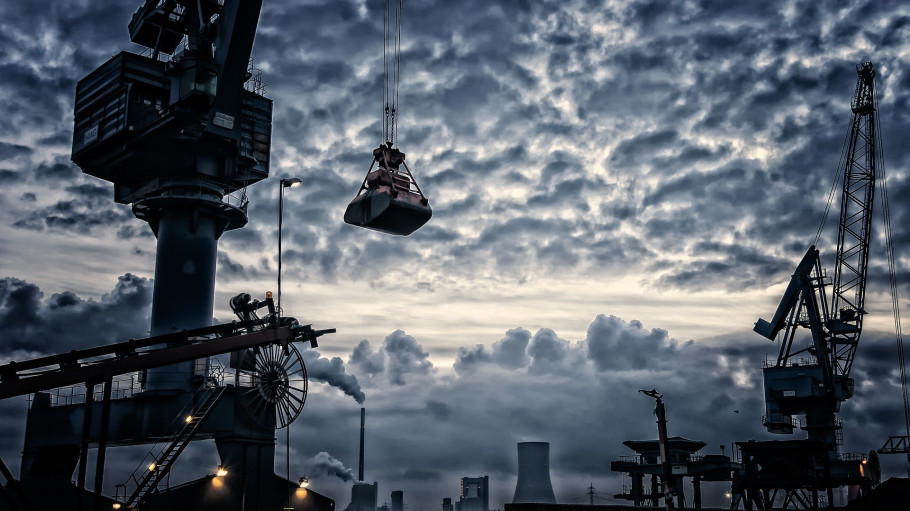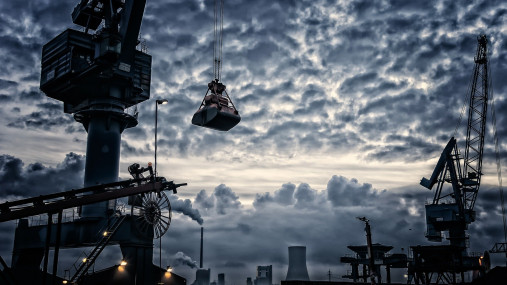
Publications » Position papers » CCS and CCU: Breakthrough technologies for EU’s industrial transition to a climate neutral future
CCS and CCU: Breakthrough technologies for EU’s industrial transition to a climate neutral future
Downloads and links
Recent updates

The upcoming EU Industrial Strategy will be critical to enable European industry’s contribution to the 2050 goal and to build a prosperous and sustainable economic future for Europe.
We call on the European Commission to consider all options for reducing emissions, including Carbon Capture and Storage (CCS) and Carbon Capture and Use (CCU), as effective climate mitigation measures. In combination and synergy with renewable energy carriers, such as carbon-neutral electricity and hydrogen, CCS and CCU are essential to achieve net zero GHG emissions in Europe while maintaining a competitive, growing and innovative European industrial base. These technologies can contribute to preserving industrial activity in the continent and are a key enabler of new products and technologies. Consequently, it will help preserve jobs in existing industries and create new employment opportunities in those new industries, employing Europe’s future workforce.

Download this publication or visit associated links
Strasbourg, 17 December 2025 – The European Commission’s latest proposals on the Carbon Border Adjustment Mechanism (CBAM), unveiled today, correctly identify several loopholes that risk undermining its effectiveness, notably regarding EU exports, downstream sectors and circumvention practices. However, despite these laudable efforts, the measures put forward fail to deliver a comprehensive and durable response to carbon and jobs leakage, warns the European Steel Association (EUROFER).
A milestone occasion to quickly and effectively restore affordable electricity, to relaunch the
decarbonization and strengthen the international competitiveness of the European steel
industry.
Brussels, 02 December 2025 – Unchanged negative conditions – U.S. tariffs and trade disruptions, economic and geopolitical tensions, protracted weak demand and still high energy prices – continue to weigh on the European steel market. EUROFER’s latest Economic and Steel Market Outlook confirms for 2025 another recession in both apparent steel consumption (-0.2%, unchanged) and steel-using sectors (-0.5%, revised from -0.7%). A potential recovery is expected only in 2026 for the Steel Weighted Industrial Production index (SWIP) (+1.8%, stable) and for apparent steel consumption (+3%, slightly revised from +3.1%) – although consumption volumes would still remain well below pre-pandemic levels. Steel imports retained historically high shares (27%), while exports plummeted (-9%) in the first eight months of 2025.